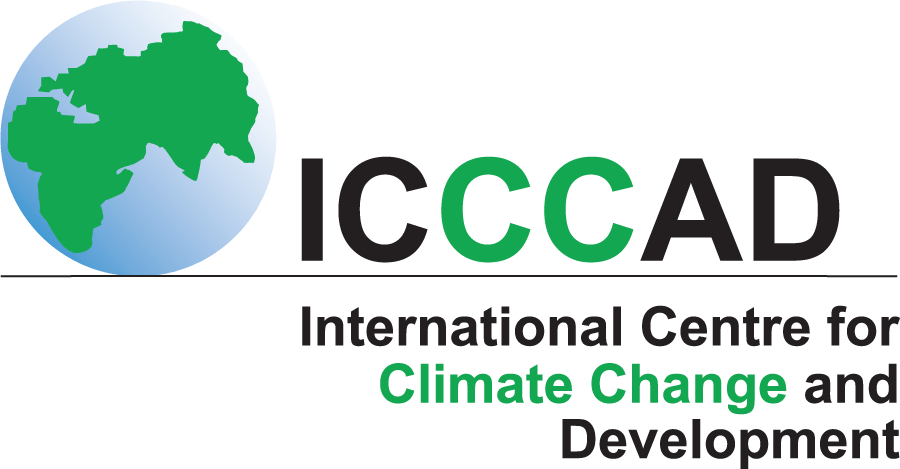The Intergovernmental Panel on Climate Change (IPCC) is a scientific body established to provide a scientific view on the current state of knowledge in climate change and its impacts. The IPCC was first established in 1988 by the United Nations Environment Programme (UNEP) and the World Meteorological Organization (WMO). The IPCC is the leading international body for the assessment of climate change, and thousands of scientists and other experts contribute to the reports which are then reviewed by governments. The Fifth Assessment Report (AR5) (2014), is the fifth in the series of IPCC assessment reports and provides an update of knowledge on the scientific, technical and socio-economic aspects of climate change. Working Group I covers the Physical Science Basis, Working Group II is on Impacts, Adaptation and Vulnerability, and Working Group III is on Mitigation of Climate Change. In this report, we have focused on Working Group II (WG2) of the Fifth Assessment Report (AR5) for relevance for Bangladesh and we will now present our findings. The objective of this report is to provide a guide for stakeholders and decision makers in Bangladesh.
[btn btnlink=”http://website.icccad.net/wp-content/uploads/2015/01/IPCC-Briefing-for-Bangladesh.pdf” btnsize=”medium” bgcolor=”#3f9e0c” txtcolor=”#ffffff” btnnewt=”1″ nofollow=”1″]The Full Policy Brief Available Here [PDF][/btn]
[clear]
